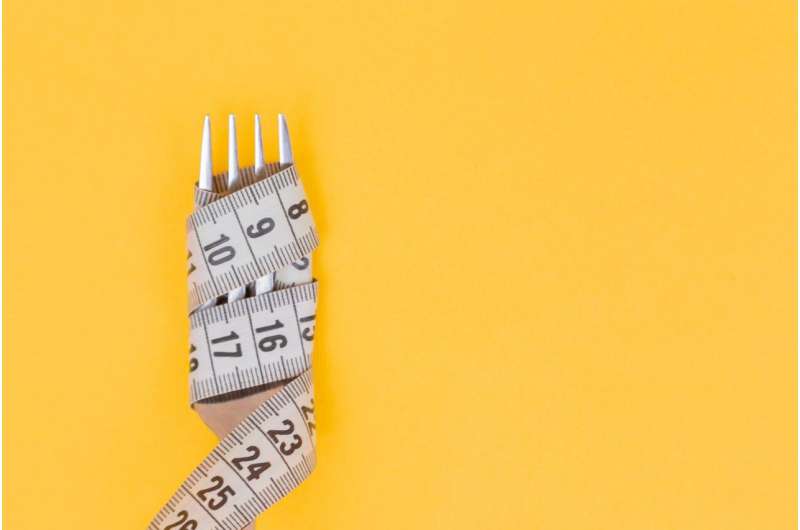This article has been reviewed according to Science X's editorial process and policies. Editors have highlighted the following attributes while ensuring the content's credibility:
fact-checked
trusted source
proofread
Those with an eating disorder may benefit from eHealth

Eating disorders develop gradually and it often takes a long time for people with an eating disorder to seek help and receive treatment. This "treatment gap" can be reduced with eHealth, Ph.D. candidate Pieter Rohrbach has discovered.
"Anonymity, ease of use and accessibility are unique features of eHealth," says Rohrbach. "And that makes it well suited to people with an eating disorder. They often find it very hard to seek help for their eating disorder because they don't think their eating problem is serious enough, don't want people to know about it or are afraid that help will not work. But the internet enables us to offer them interventions that can be used anytime and anywhere and are anonymous and free. Many people need this accessibility and safety to take the step towards professional help. This makes eHealth a good tool for reducing the gap between developing symptoms of an eating disorder and getting appropriate help. And with my research I wanted to find out what the most effective online interventions are."
Three online interventions
Rohrbach tested three online interventions that support people with an eating disorder at the Riverduinen Ursula Eating Disorders clinic. These were 1) the Featback online self-help program that is specifically aimed at people with eating problems, 2) the possibility to talk to peer experts via chat and/or email, and 3) a combination of the two, so both Featback and support via chat and email. His test group consisted of 355 people who had suffered from eating problems for ten years on average. Forty-three percent had never received eating disorder treatment.
All three interventions proved to be equally effective in reducing eating disorder symptoms and the symptoms decreased more significantly in participants who were able to use them. The participants did prefer intervention two. "I heard from various participants that they liked being able to chat or email with a peer exert," says Rohrbach. "They are a listening ear for the participants, someone who really is there for and understands you."
Reduced health care costs in the long term
Rohrbach also researched whether the interventions would have a long-term effect on healthcare costs and quality of life. This showed that Featback was the most cost-effective of the interventions: it increased quality of life at the best cost.
If Featback were offered to 1,000 people for one year, this would save hundreds of thousands of euros in health care costs. "My research therefore shows not only that eHealth helps people with eating disorders but that innovative interventions like this can reduce health care costs," says Rohrbach.





















